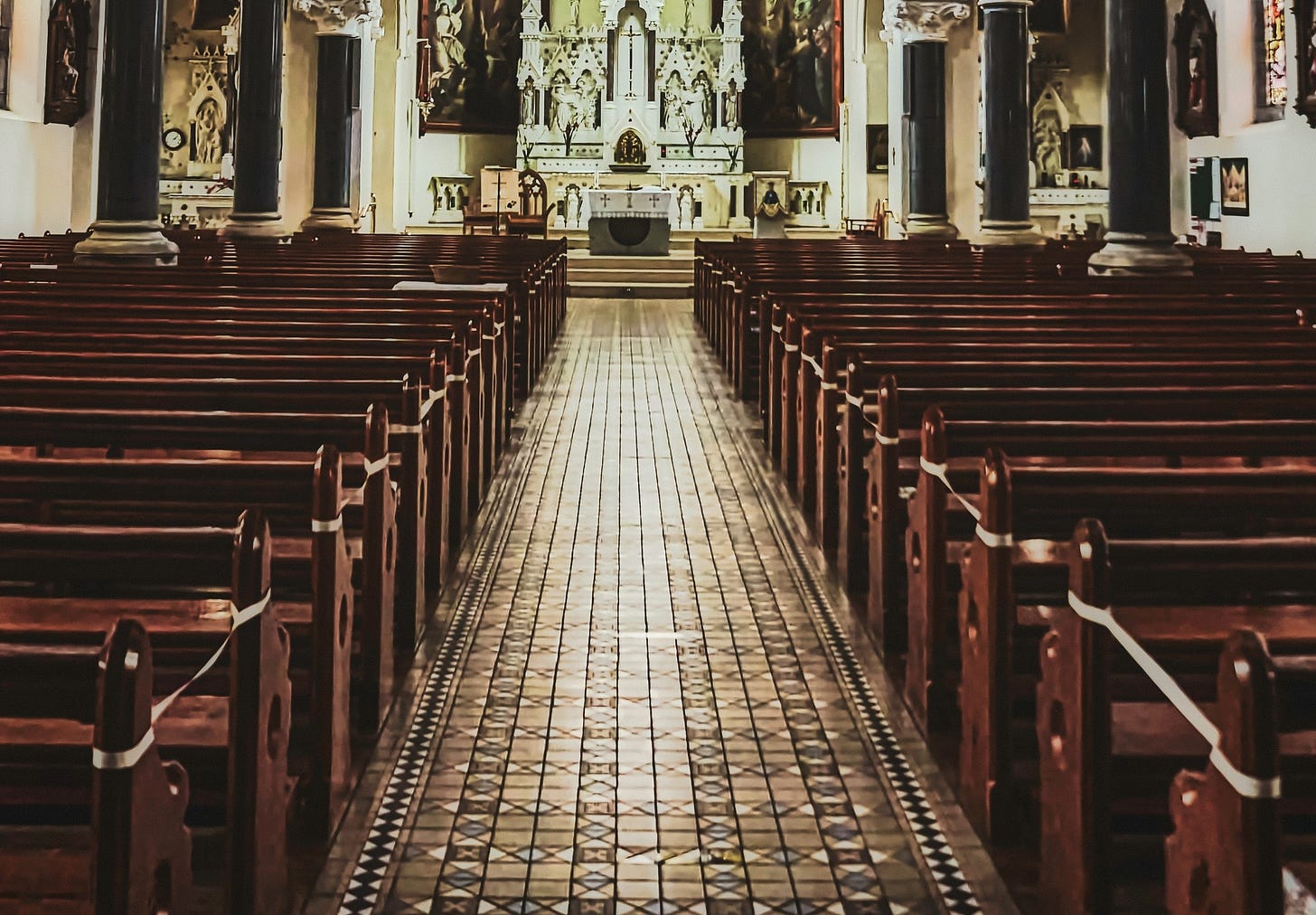Advent 4B: Disrupted and re-oriented
2 Samuel 7:1-11-16; Romans 16:25:27; Luke 1:26-38
The first time I gave my beloved a birthday gift, it was a big, stand-alone tabletop document scanner. I meant well. I knew she was working on a project that would be made easier by a scanner. But for her birthday she would have preferred a new perfume or some flowers. I had given her what I wanted to give, not what she actually wanted to receive.
That is where we find David in this week’s first reading. He wants to build God a great house. But God says: “I do not want a house. I have never asked for a house. For as long as I have known you (i.e., for generations) all I have wanted is to move about with you. My tent was fine.”
In her 2008 book, Making a Way Out of No Way, Womanist theologian Monica Coleman choreographs the interaction between God and humanity on the way to salvation. The third movement or characteristic, (see Advent 3B last week) was ensuring that goals of our activity were “justice, survival and quality of life.” Now, the fourth and final movement or characteristic is “challenging the existing order.”
Coleman says that the goals we seek (justice, survival, quality of life) will necessarily lead us to question ourselves and what we believe. They will “disrupt all that we take for granted ... (including) who and what we are” and call us to “new and powerful ways to live.” [1]
Maybe even new and powerful ways to be “church.”
Our “houses of God” have been closed for months. For most Episcopalians, on Christmas Eve there will be no pageant, no incense and no candle-lit Silent Night.
Unbidden, challenge and disruption is upon us. Perhaps our values of justice and love will invite us to think in a new way about the houses of God which we have built. We meant well, but perhaps it is time to wonder who wanted these buildings: God or us? Perhaps it is time to focus on the people whose lives have been brutally disrupted by the pandemic, who now struggle to feed and shelter themselves and their families. With our focus on them, what does justice and love ask of us now?
I have been involved with church buildings for many years, as a parishioner, a warden and as a rector. I have been amazed, moved and sometimes saddened by how much time, energy and money we ask people to give in order to maintain and repair aging buildings whose primary use is as a one-day a week worship space. Often, those buildings stand empty and unheated six days a week.
We know that God is in our midst, with or without the buildings we have built in God’s name. May we be open to letting our lives and our buildings be disrupted by the values of justice and love, and re-oriented to what God might actually want.
[1] Making a Way Out of No Way: A Womanist Theology, (Fortress Press, Minneapolis, MN) 2008 at 35.
Photo by K. Mitch Hodge on Unsplash


